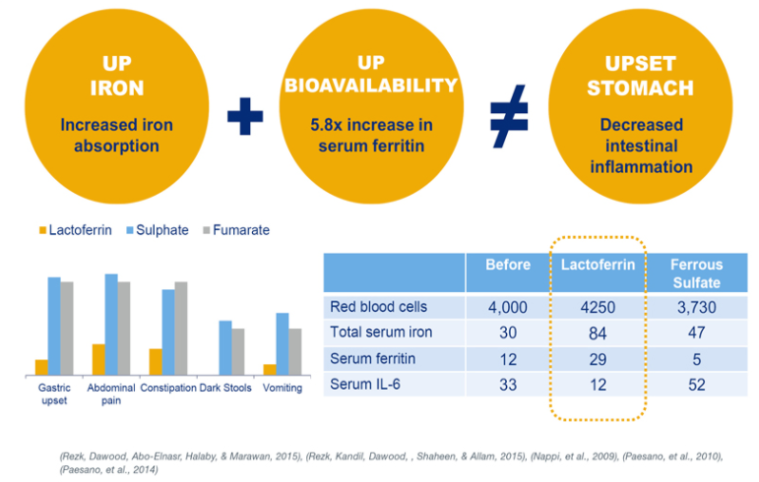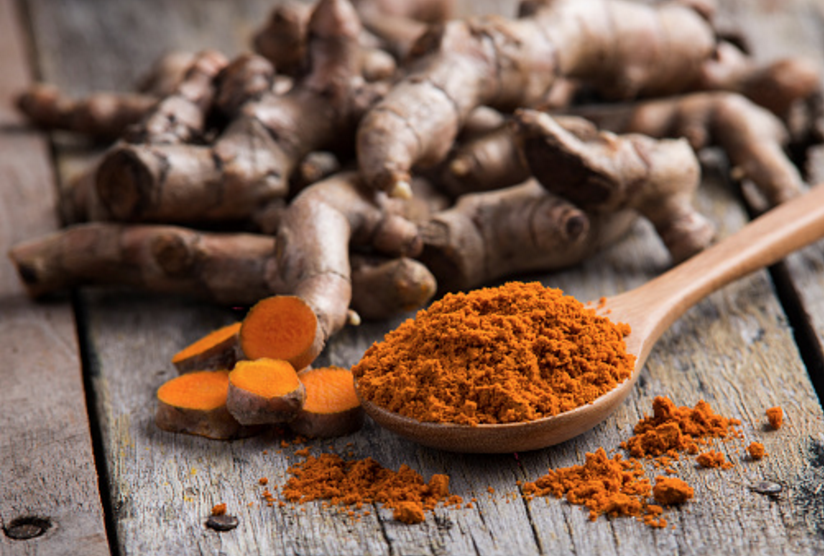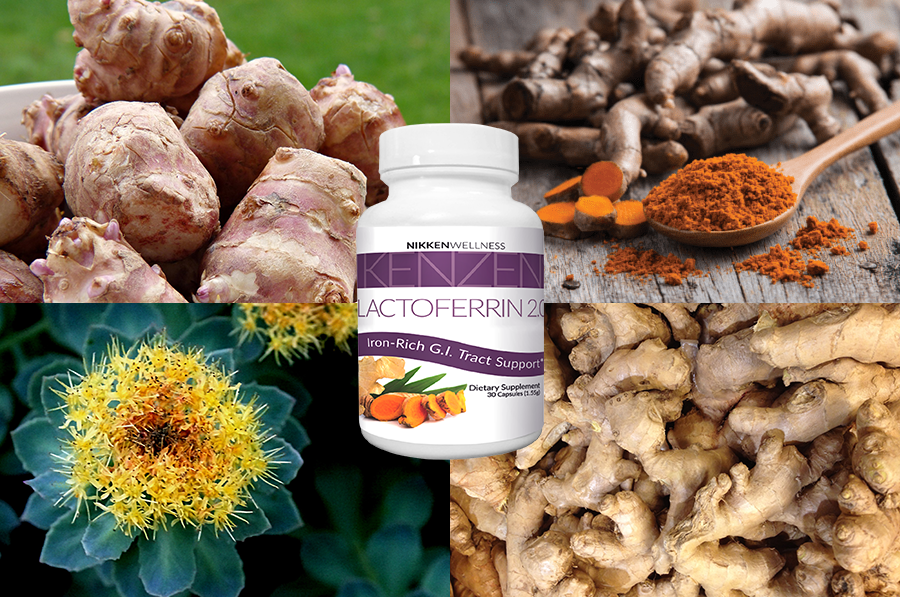Give Thanks, Take Care of the Gut and Share the Love
However we celebrate Thanksgiving, there’s generally an overflow of great home-made food, some of which is served specifically at this time of year. So it’s special and we want to eat as much of it as possible, right? And just like any other meal that offers a bounty of favorite delights, it can derail our best efforts at eating healthy. As most diet gurus profess that an occasional “cheat” day is actually okay. Furthermore, we tend to rationalize that Thanksgiving feasting is a given. Some of us can handle it and some of us, not so much. The difference? Some of us have been pursuing Active Wellness consistently and have more efficient digestive systems.
According to the American Gastroenterological Association Institute, good digestive health describes a digestive system that has appropriate nutrient absorption, intestinal motility, immune function, and a balanced microbiota (the community of microorganisms that live in the gut).1 Digestive health can also impact quality of life, sleep, productivity, exercise or socializing with friends. Scientists now are placing the emphasis on healthy digestive function as the core of good health.
Dr. John Deaton, vice president of science and technology at Deerland Enzymes & Probiotics, says, “The role of digestive enzymes is to break down food-derived fats, carbohydrates and proteins into smaller substances that our bodies can use. Although the body produces its own digestive enzymes, it may not be enough to completely break down cooked or processed foods. The ability to breakdown food into its basic and useful components is of critical concern for consumers interested in functional nutrition for growth, development and supporting healthy aging. Enzyme supplements continue to gain recognition among consumers for their role in digestive health and bioavailability of nutrients from foods.”2
Studies show that there are four enzymes critical to the digestive process. Specific digestive enzymes act on different types of macronutrients: fats, proteins, carbohydrates and fiber. Many digestive products on the market contain only one or two of these notable enzymes and do not provide optimal digestive support. Kenzen® Digestion Complex 4-20 contains all four of these important enzymes, making it a superior formulation for digestion, absorption and weight management.* Featuring natural ingredients including amino acids, proteins, vegetable fiber- and cellulose-based enzymes, Kenzen® Digestion Complex 4-20contains vegetable-derived ingredients that safely and gently assist the body’s digestive system.











